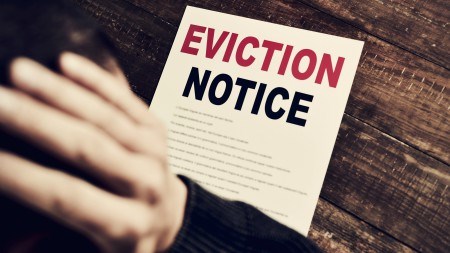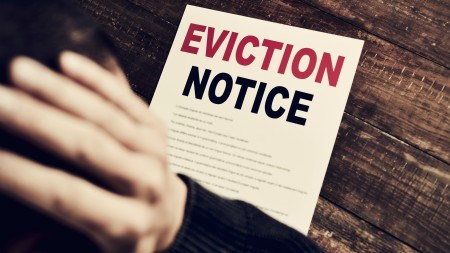Landlords and tenants alike may be hard-pressed to know exactly what to do when a personal shift such as death or divorce happens, and how these types of events would impact a lease.
What happens to the lease when a couple splits up?
Perhaps one of you will elect to move out and the other will take over the responsibility of the lease. “In order to take one person off the lease, the remaining tenant will have to prove his or her creditworthiness to cover the full rental amount,” says Natalie Muller, Head of Rentals at Jawitz Properties in the Western Cape and Gauteng regions. “Should this not happen, you may elect to cancel the lease and be liable for the penalties.” Some tenants choose to have the second tenant replaced with another person. If this is the case, the landlord will need to give consent and the new tenant will have to go through a credit vetting process.
“The couple under the lease are both liable to pay the rent, so if one should default, the other has to be held accountable, no matter the circumstances,” Muller says.
What happens to the lease when a landlord or tenant dies?
What are the necessary steps, and does the lease remain valid? It can be a complete shock to have a landlord or tenant die suddenly. Just like if one person moves out and the remaining tenants are liable for the rent, so to is the case if a tenant should pass away.
If a tenant or landlord dies during the currency of the lease, either the landlord’s or tenant’s estate has to continue in the contract that was originally signed when alive.
The tenant’s estate, for example, has the right to execute the 20 business days’ notice period subject to any penalties. But the estate will be liable for the rent on that property, for the currency of the lease. “The landlord also cannot remove the tenant’s belongings until the lease is formally cancelled,” Muller adds.
Generally, a tenant can execute his 20 business days’ notice without any reason. Muller says to keep in mind that it would be wise to build in some time to pay rent if the lease is broken, while a new tenant is being sourced.
If a landlord passes, the managing agency and/or tenant will need to be informed. “The executor that is appointed by the estate -normally indicated in the owners will - will advise the tenant and/or agent where the rental monies need to be paid. The executor takes on the responsibility of making decisions for the late owner, noting the benefit to his or her heirs,” Muller says.
Renting to family or friends
Equally important is to keep things professional should you choose to rent to friends or family. Remember to keep business and emotions separate, as anything can happen. Close relationships can lead to blurred boundaries and could result in damage being done to the relationship should a rental dispute arise.
“So, it is important to keep it very business-like and have a fixed rental contract in place. Be careful what you agree to in a verbal capacity, especially if you are the landlord, as your tenant -even if they are family – may interpret it to his or her benefit. Any verbal decision or agreement should be confirmed in writing at all times, to protect both parties,” Muller concludes.




